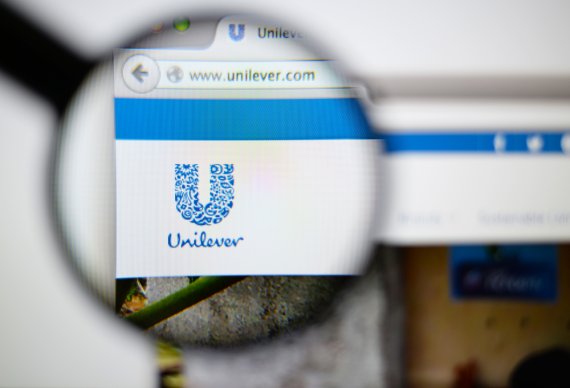Illustration: Henk van Ruitenbeek

Nine de Pater
Master’s student of Environmental sciences
‘Companies and the university can reinforce each other when it comes to knowledge and experience. That is why I am not against the presence of companies on campus, but the university should remain an independent educational and research institute. If it turns into an industrial estate with a few university buildings in between the companies, I think the balance is lost. And the university must be 100 percent transparent about its links with the companies. About the financial links as well as all the other deals that are made. Students should be able to choose not to work with companies without that impeding their studies. And other sectors should be represented here too. NGOs would be an interesting addition.’

Shahin Kassabian
Bachelorstudent Levensmiddelentechnologie
Bachelor’s student of Food technology
‘In my view, a major task of the university is to do independent and fundamental research. The knowledge that is accrued that way does not have to have an immediate application. Because the university is working on a worldwide academic knowledge network, the research will get applied in the end. As long as companies do not get in the way of fundamental research, I am fine with their presence on the campus. It can contribute to the speed at which applications are found for research at the university. That way our research can contribute to society in the short term.’

Martien Groenen
Personal professor of Breeding and genetics
‘I am positive about companies coming to the campus. I think it can lead to more and better research collaboration with the company, as long as there is a click between its researchers and those at WUR. Being at close quarters usually improves contact: it is easier to drop in for a discussion. Of course you must make a clear distinction between the roles of a university and a company. That needs to be delineated and communicated properly. It must be laid down in advance, for instance, that the university will publish the results, no matter what they are. Then you set limits to the influence of the company.’

Cees Leeuwis
Professor of Communication and innovation studies
‘Good interaction between the university and other parties in society is valuable and physical proximity can still be helpful in that. However, what you want is not for only the big commercial companies to have direct lines to the university, but also critical civil society organizations, government bodies, campaigners and activists. The current situation is too one-sided and it’s risky for the university’s image. By mainly inviting private companies to set up on campus, we give the impression that we particularly want to address research questions that matter to them. As a counterbalance we should improve the scope for less influential organizations to get questions and topics onto the agenda. So I propose setting up an internationally publicized science shop with a serious budget.’

Sacco de Vries
Professor of Biochemistry
‘I see no problem: collaboration with companies is useful. If you organize things properly it does not affect your independence.
The only downside I can see is that the arrival of Unilever on the campus can damage WUR’s image among the uninitiated. When you drive into Wageningen the first thing you see is the Friesland Campina buildings, and soon Unilever too. Unilever’s choice of location seems logical to me. I think they want to be somewhere where there are a lot of well-educated people in the field of nutrition. Unilever is interested in students, graduates and the incubator with startup companies. That environment is important for a company seeking innovation. They already had very good analytical labs in Vlaardingen. But they want to be near a university where the researchers of the future are trained.’

Stijn de Vries
Master’s student of Biology and member of the student board at the Starthub
‘I think the government increasingly expects the university to make sure its research leads to added value. And I share the view that it’s important for something useful to be done with scientific knowledge. Collaboration with big companies such as Unilever or FrieslandCampina can be an effective way of keeping the road from scientific research to the market as short as possible. The risk I see in collaborating with the business world is that we might end up with less scope for fundamental research. That should be funded by an independent organization and kept in balance with applied research. As long as there is enough government funding for continuing fundamental research I am not worried about upsetting that balance.’

Maria Barbosa
Researcher at Bioprocess technology
‘I approve of Unilever coming to the campus. It will lead to more strategic collaboration being developed between researchers and the company in the long term.
And you need that collaboration with companies. Increasingly often, it is something grant-awarding bodies require, including the NWO. You have to bear that in mind as a researcher. Do you end up with a conflict of interests? You might do, but not because of the company’s location. By channelling NWO funding through the top sectors, you use government grants in the interests of the industry. And on the other hand there is less money for fundamental research. It is important to do research with companies as well, but it’s going too far now.’

